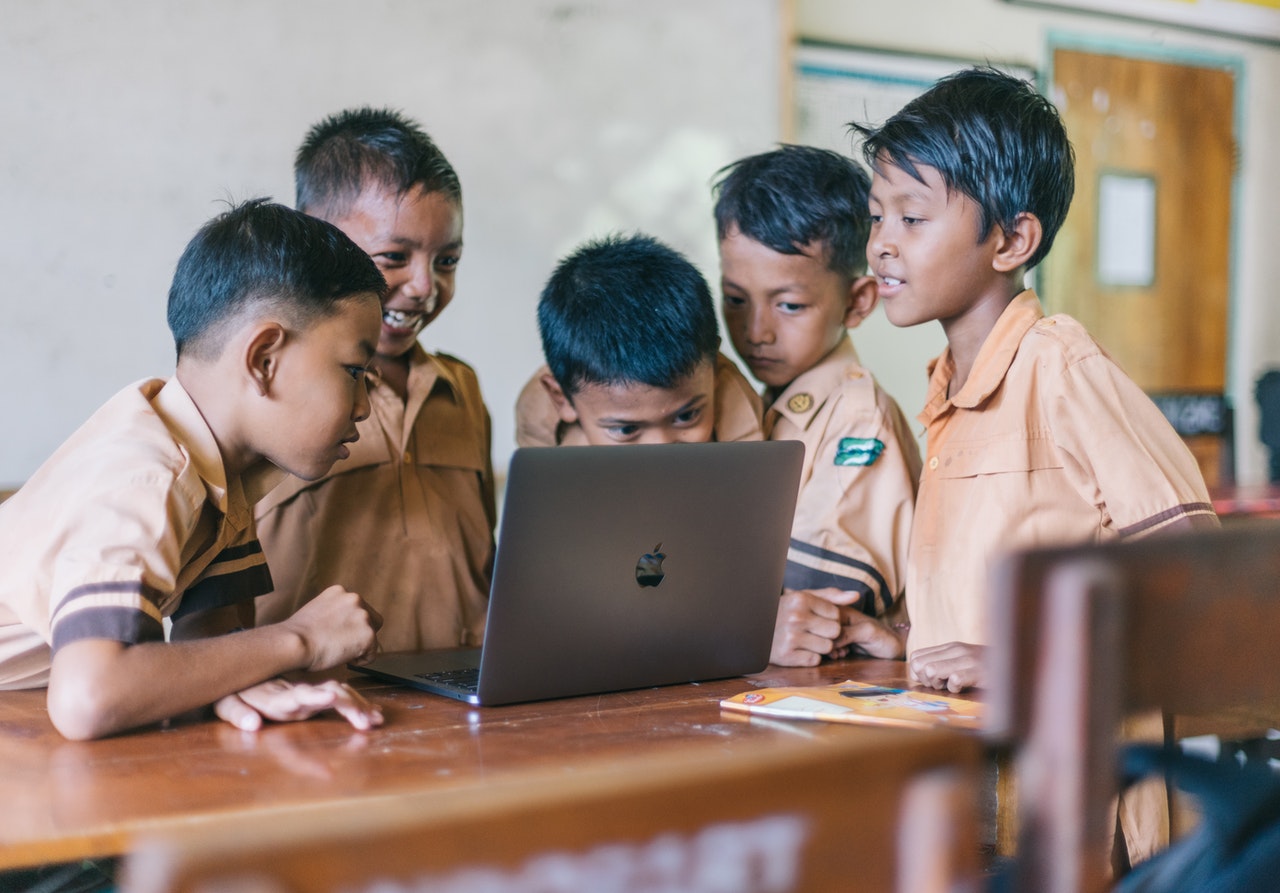What Your Child Should Know By the End of 3rd Grade

By the third grade, your child should have a good handle on many of the important skills. As children progress to more complicated ideas, they should memorize reading, writing, and fundamental math facts. This is a year of enormous learning for your child as they begin to think critically and generate abstract thoughts.
It will be one of the first occasions in your child’s life when learning is no longer as definite.
At this age, children begin to gain independence. As a result, parents may get disengaged from the learning process. If you’re still unsure about what your child should be learning, consider some of these crucial principles. The specifics of what a youngster will learn may differ from state to state.
Reading and Composing
At this age, most children can read pretty effectively, and their vocabularies are expanding. This is the year when most children learn to be better readers. They will learn to seek context clues and draw conclusions from brief passages. When they have finished reading a text, they should be able to summarize it and ask questions about it.
Many teachers also prepare their students for future writing responsibilities. Your child may bring home several diagrams designed to aid in the organization of important knowledge. Venn diagrams and mapping exercises are examples of these. They may also be required to produce papers, fiction assignments, and personal narratives.
The Social Sciences
The social studies curriculum is heavily influenced by the school district and state. Common social studies subjects may include the fundamentals of the economy, trade, the specifics of their state, and various people groups or cultures.
Most social studies curricula will, in general, emphasize geography skills such as map reading. By the end of the year, your third grader should be able to read a map rather well.
Math
The primary math abilities for first and second graders are addition and subtraction. In third grade, students will learn the fundamentals of multiplication and division. Third graders will need to apply more memorization and skills than in prior years. They might also start working with bigger numbers, fractions, and decimals.
This year, encouraging children to solve problems using mental math or paper and pencil is a crucial topic. Younger children frequently use physical things to solve problems. They should now concentrate on memorizing and application of topics without the use of these tools.
Other important math ideas are:
- Keeping accurate time to the minute
- Pattern recognition and writing
- Take volume, weight, length, and temperature measurements.
- Number and fraction rounding and comparison
Science
Some teachers may have utilized simple scientific projects in the past, but third graders can start doing additional experiments. They may be taught to observe and document data to prepare for future lab reports. Nature and animal habitats, sound, and other areas of natural science are typical themes that a third grader may explore.
You should expect your youngster to be fairly proficient in any of these areas by the end of the year. Your child will be learning a lot in third grade. As a parent, you can encourage them to pursue their interests and assist them with their studies at home.
Set aside some time to study some of these concepts with your child, assisting them in reinforcing their understanding. You’ll appreciate spending quality time with your child, and they’ll realize how much fun and important learning truly is.






